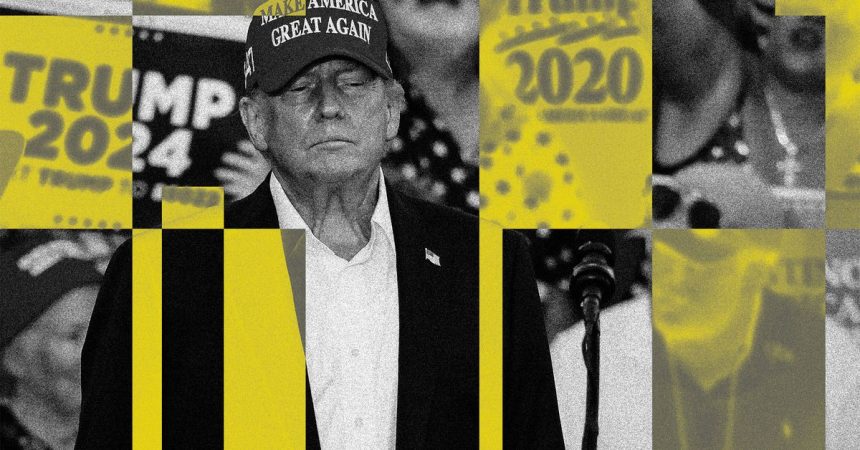Donald Trump’s address touched upon his strategic utilization of TikTok during his presidential campaign, highlighting its instrumental role in securing a significant portion of the youth vote, a demographic traditionally elusive for Republicans. He emphasized the substantial margin by which he won this demographic, contrasting it with Mitt Romney’s significant loss in a previous election. This success underscored the platform’s potency and influence in contemporary political discourse, prompting Trump to advocate for its preservation within the American economic landscape.
Recognizing TikTok’s widespread popularity and economic significance, Trump argued against allowing its control to fall into the hands of foreign entities, particularly China. He stressed the importance of maintaining American ownership and control over such a powerful platform, citing both economic and national security concerns. This led him to propose a novel solution: a joint venture wherein the United States government would acquire a 50% stake in TikTok in exchange for granting the platform operational approval within the country.
The crux of Trump’s proposal revolved around the premise that TikTok’s value was intrinsically tied to presidential approval. Without it, he argued, the platform was essentially worthless within the US market. Conversely, with presidential approval, its valuation would skyrocket into the billions, even trillions of dollars. By leveraging this perceived dependence, Trump envisioned a scenario where the US government could acquire a substantial equity stake without any financial outlay, essentially exchanging regulatory approval for ownership. This, he posited, would allow the United States to capitalize on TikTok’s immense value and prevent its profits from flowing overseas.
This proposed joint venture, according to Trump, would be a win-win scenario. The US government would gain a significant stake in a highly valuable platform, ensuring American control and reaping potential financial benefits. TikTok, in turn, would gain access to the lucrative American market, securing its continued operation and growth within the country. This arrangement, Trump suggested, would benefit the American economy, create jobs, and prevent the transfer of valuable technology and data to foreign competitors.
Trump’s justification for this approach rested on the authority granted to the president by Congress to negotiate and approve such deals. He pointed out that this authority, granted long before his presidency, allowed him the latitude to structure a deal that he believed to be in the best interest of the United States. This approach, he suggested, was a strategic use of presidential power to secure a valuable asset for the country without expending taxpayer dollars.
Underlying Trump’s argument was the implicit understanding that TikTok, as a foreign-owned entity operating within the United States, was subject to presidential oversight and regulation. He portrayed the presidential approval as a crucial determinant of TikTok’s success or failure in the US market, using this leverage to negotiate a deal that he believed would benefit the American economy and bolster national interests. This approach, while potentially controversial, reflected Trump’s business-oriented perspective on governance and his willingness to utilize executive power to achieve specific economic and strategic objectives.



